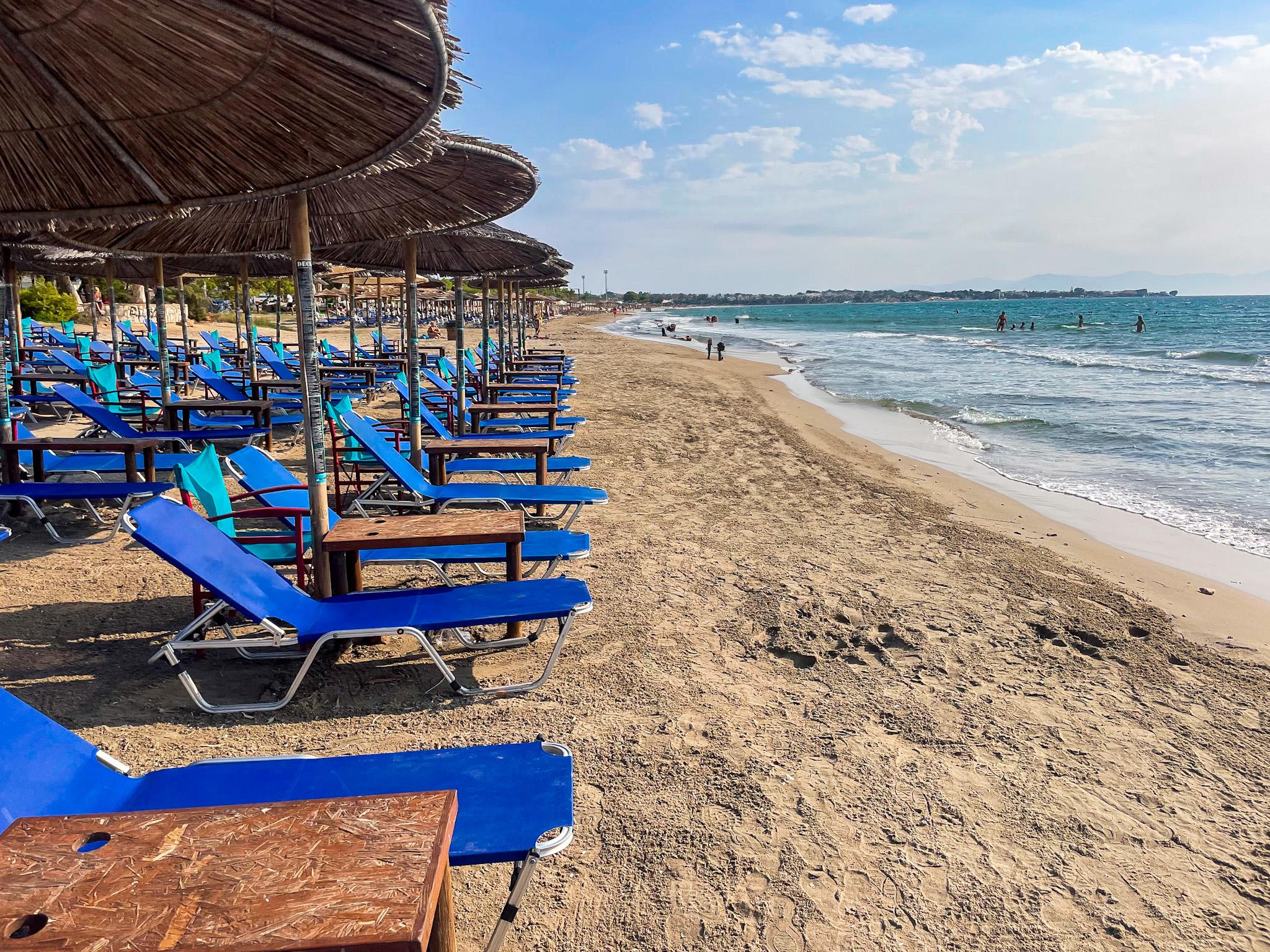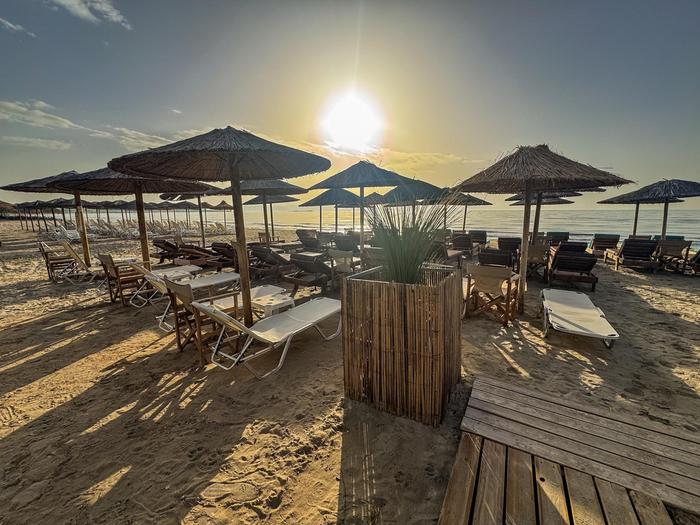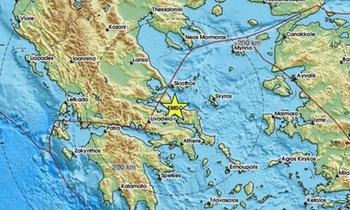
Artemida: a coastal town reborn near Athens
Just a short drive from the hustle of central Athens, along the eastern coast of Attica, lies a town that has quietly been reshaping its identity. Artemida, formerly known as Loutsa, is no longer simply a summer destination for Athenians seeking an affordable weekend by the sea. Today, it represents a place in transition - one that merges the ease of coastal life with proximity to the capital and a growing sense of purpose shaped by both modern investment and ancient heritage.
Situated just 15 minutes from Athens International Airport, Artemida offers an increasingly rare combination: accessibility, seaside relaxation, and a connection to Greek history that is more than symbolic. Over the last decade, the town has seen a noticeable transformation. New roads, modern infrastructure, improved public spaces, and an expanding selection of restaurants and shops are changing the urban landscape. Summer months bring a surge of life to the beachfront cafés and bars, while in the off-season, Artemida becomes a quiet refuge for those who value sunshine and sea air, even in winter.
For many years, however, the area was best known under its former name - Loutsa. Among older generations of Athenians, "Loutsa" evokes images of unplanned development, chaotic beach scenes, and a distinctly low-budget atmosphere. It was a place of character, but not necessarily prestige. That began to shift in the 1970s, when the community was formally separated from the nearby town of Spata and efforts were made to rebrand the area - starting with its name.
A community with deep historical layers
For centuries, this part of eastern Attica was home mainly to Arvanites - Greek citizens of Albanian descent who settled in the region during the Ottoman era. Living in small, close-knit communities, they kept their own language and customs for generations, adding a unique cultural thread to the area’s identity.
Interestingly, the old name Loutsa comes directly from their local Arvanitic dialect. In that language, “loutsa” meant a puddle or wet, marshy land - a reflection of what the area looked like in earlier times. The word has roots in the Albanian llucë (“mud”) and older Slavic terms like luža, meaning “swamp” or “bog.”
Back then, this stretch of coastline included shallow lakes and wetlands. And while much of that landscape has changed, a small wetland area still survives near the shore, known today as Limni or Alyki Loutsas, quietly reminding us of the region’s natural past. As the wider Attica region grew and infrastructure improved, more and more people from Athens began moving here - especially drawn by the sea, the open space, and the calmer pace of life.
This shift became even more noticeable during the COVID-19 pandemic, when many Athenians chose to leave the dense city for less crowded, coastal places like Artemida. That trend hasn’t slowed down. With new homes, tourism rentals, public projects and private investment, Artemida is quickly stepping into a new era of growth and transformation.
A new name with mythological roots
The decision to rename the town Artemida was not arbitrary. Just a few kilometers inland lies Brauron (modern-day Vravrona), site of an important ancient sanctuary dedicated to the goddess Artemis. In antiquity, this was one of the most prominent religious centres in the region, well documented in literary sources and supported by substantial archaeological evidence.
But the link between the town and the goddess goes further. In 1925, excavations near the shoreline of what was then still called Loutsa uncovered the remains of another temple: the Temple of Artemis Tauropolos. This site, dating back to the 5th century BCE, was mentioned in classical literature, notably in Euripides’ Iphigenia in Tauris. According to myth, Orestes brought a wooden cult statue of Artemis from the Tauric region and established a temple in her honour on the eastern coast of Attica.
The discovery confirmed the cultic presence of Artemis in this part of the coastline and offered a compelling rationale for the name change. The renaming process began in the late 1970s and was officially recognized in the early 1980s, aiming to give the town a more formal identity - rooted in cultural heritage rather than its past as an unregulated beach suburb.
From periphery to community: administrative transformation
For much of its modern history, Loutsa was not a distinct settlement in administrative terms. It belonged to the nearby town of Spata and functioned more as a coastal extension than an autonomous locality. It wasn’t until the 1970s, when population growth accelerated due to its coastal appeal and proximity to Athens, that Loutsa was formally recognized as a separate community. This coincided with the renaming effort and reflected a broader desire to create a more cohesive civic identity.
A major administrative shift occurred with the Kallikratis reform (Law 3852/2010), which came into force on January 1, 2011. This reform restructured local government throughout Greece. As part of it, the municipalities of Artemida and Spata were merged into a single administrative unit: the Municipality of Spata-Artemida. The new entity, headquartered in Spata, was designed to integrate both inland and coastal priorities into one governance structure. Despite their differing historical, social, and urban characteristics, the two areas now function together as part of a dynamic and growing municipality.
Population growth and the rise of short-term rentals
Recent years have also seen Artemida benefit from the rise of the short-term rental market, particularly through platforms like Airbnb. Many property owners have renovated or built homes specifically for tourism use, targeting travelers seeking alternatives to central Athens. Artemida’s strategic location-close to both the sea and the airport - has made it an increasingly attractive base for visitors who want proximity without crowds.
The real estate market is responding. More residential buildings, holiday apartments, and tourist accommodations are under construction than ever before. Combined with infrastructural upgrades and commercial development, this points to a clear trend: Artemida is no longer a seasonal retreat, but a town entering a new era.
A place between past and present
Today, Artemida is a place where traces of the past quietly coexist with the rhythm of everyday life. Once known as Loutsa, the town has been steadily evolving - with new homes, cafés, coastal walkways, and growing infrastructure that’s attracting both locals and visitors alike.
If you're looking for a relaxing escape close to Athens but away from the crowds, Artemida is an easy choice. You can enjoy a coffee by the sea, take a peaceful walk along the beach, or, if you're up for it, visit the nearby Temple of Artemis in Brauron - just a short drive away.
Whether you stay for a few hours or make it a weekend trip, Artemida offers a different kind of pace. It’s a chance to slow down, enjoy the coast, and get a feel for a town that’s quietly redefining itself - one wave at a time.




.jpeg)






Comments